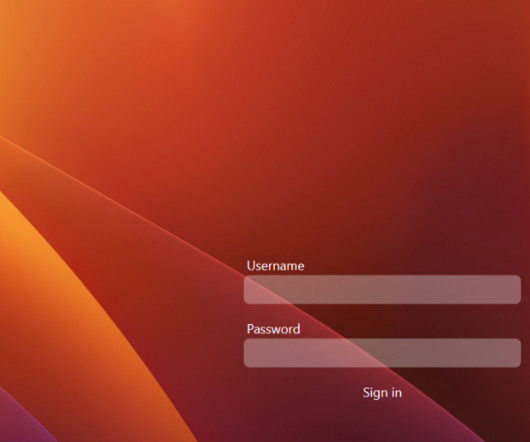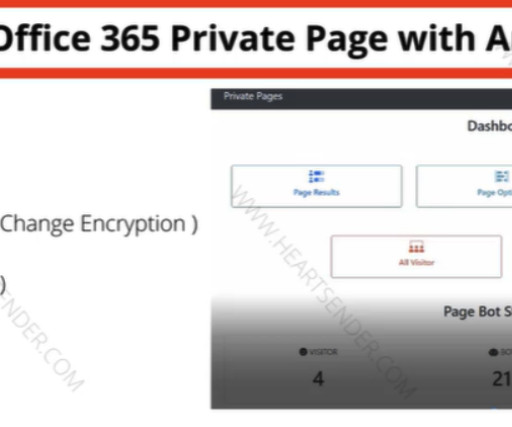Experts warn of flaws in popular Antivirus solutions
Security Affairs
OCTOBER 5, 2020
Researchers disclosed details of security flaws in popular antivirus software that could allow threat actors to increase privileges. Security researchers from CyberArk Labs disclosed details of security vulnerabilities found in popular antivirus software that could be exploited by attackers to elevate their privileges on the target system.























Let's personalize your content